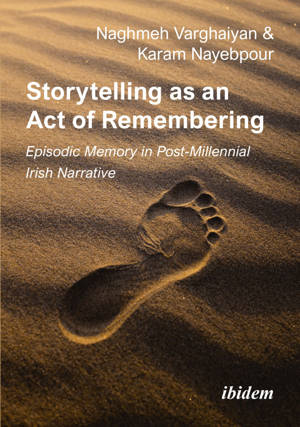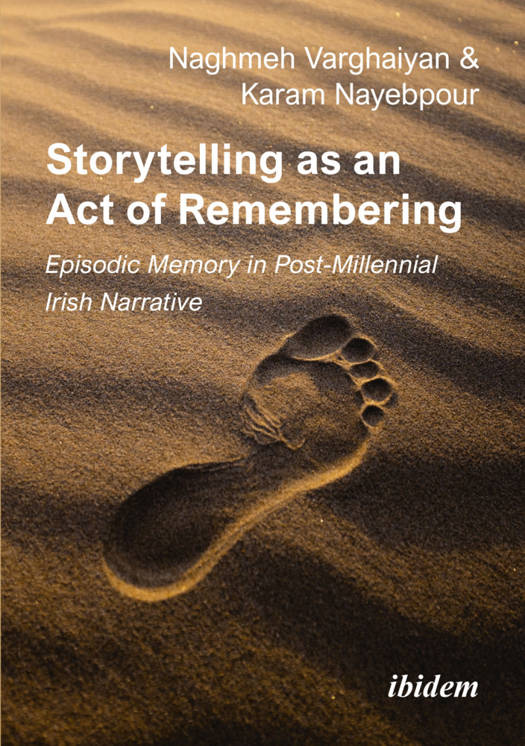
- Afhalen na 1 uur in een winkel met voorraad
- Gratis thuislevering in België vanaf € 30
- Ruim aanbod met 7 miljoen producten
- Afhalen na 1 uur in een winkel met voorraad
- Gratis thuislevering in België vanaf € 30
- Ruim aanbod met 7 miljoen producten
Zoeken
Storytelling as an Act of Remembering
Episodic Memory in Post-Millennial Irish Narrative
Karam Nayebpour, Naghmeh Varghaiyan
Paperback | Engels
€ 23,45
+ 46 punten
Omschrijving
The past is an ever-flowing and never-dying river in human consciousness. Any single piece of our memories is a constituent part of this river. By our remembering acts, we continuously and intermittently become connected to our stream of consciousness. Therefore, remembering is an integrated part of our mind. Similarly, it is a salient property of fictional minds, too. The past is a defining element for the characters' sense of identity in narrative fiction. This is the case in the three narratives analysed in the present book. The Sea (2005) by John Banville, The Gathering (2007) by Anne Enright, and Milkman (2018) by Anna Burns are post-millennial Irish narratives in which remembrance of the things past is indexed to the first-person narrators' sense of identity. In its three parts and by drawing on the theories of memory and remembering, this book explores how the storytellers' acts of recollecting, retrieving, recalling, as well as retelling eventful episodes from the past bring about constructive emotional and cognitive outputs for them.
Specificaties
Betrokkenen
- Auteur(s):
- Uitgeverij:
Inhoud
- Aantal bladzijden:
- 130
- Taal:
- Engels
Eigenschappen
- Productcode (EAN):
- 9783838218564
- Verschijningsdatum:
- 12/03/2024
- Uitvoering:
- Paperback
- Formaat:
- Trade paperback (VS)
- Afmetingen:
- 145 mm x 206 mm
- Gewicht:
- 181 g

Alleen bij Standaard Boekhandel
+ 46 punten op je klantenkaart van Standaard Boekhandel
Beoordelingen
We publiceren alleen reviews die voldoen aan de voorwaarden voor reviews. Bekijk onze voorwaarden voor reviews.











